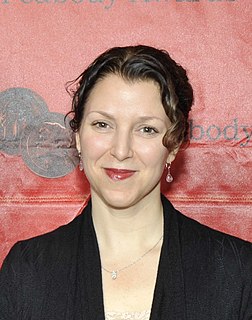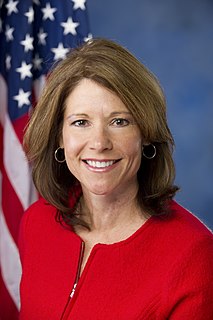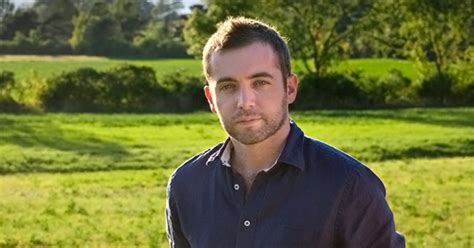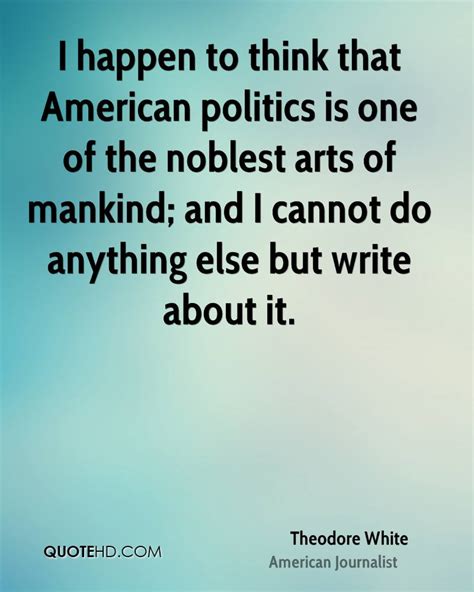A Quote by Megyn Kelly
Print reporters have the opportunity to go so much more in depth in certain stories than television reporters do because they're working on stories for months at a time.
Related Quotes
The Huffington Post Investigative Fund's goal is to produce a broad range of investigative journalism created by both staff reporters and freelance writers, with a focus on working with the many experienced reporters and writers impacted by the economic contraction. The pieces will range from long-form investigations to short breaking news stories and will be presented in a variety of media - including text, audio, and video.
What's neat about TV is you get really rich, an opportunity to tell really rich stories over the course of 20 hours. Film is cool because it's an hour and a half to two hours. You go on an adventure and by the end it's all cleaned up. Maybe in a franchise you have three chapters of a great story but in TV you can really get deep. You have more time to tell stories so I would definitely not rule out doing television in the future because I think it's a great medium for telling stories.
There's a lot of great writing, and characters, and stories being told in television nowadays. And much more than there used to be. The opportunities to tell stories, because of the opportunities to show content. And so it's drawing actors from cinema, movie actors, actors to where there's a lot of opportunities to where you can tell stories.
We're not seeing, you know, dozens of reporters being beaten up. And there may be more attention to it than there has been in the past. But it is important to recognize that the democracy depends on reporters asking people in power questions, so that the general public has information. We can't really self-govern unless information is widespread. And, sometimes, reporters have to be a little aggressive. I mean, you know, the reporter didn't beat up the politician. The politician beat up the reporter.
War reporters are often seen as a wild bunch of thrill-seekers who wade into danger zones simply for the sake of the adrenalin high the settings inevitably provide. But this one-dimensional explanation leaves out the core of the story, which is that reporters go to these places because they feel the tug of responsibility.
The global embrace of the Chilean miners had as much to do with the state of the planet as it did the fate of the trapped men. Every year, thousands of miners are trapped and die. Hundreds more are rescued. The world's press has no shortage of global good-news stories. Heroes abound if reporters and editors take the time to search.
































